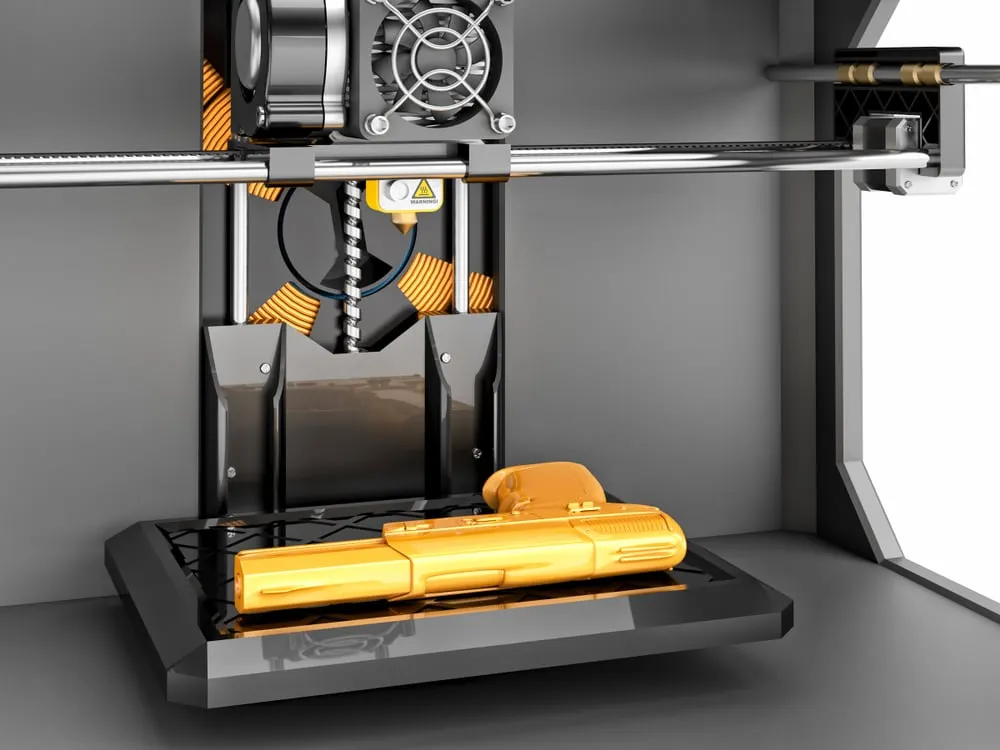In brief:
- 26 US states have united to urge the Trump administration to clamp down on a producer of 3D gun schematics, Defense Distributed.
- This isn't the first time Defense Distributed has battled the US government on the issue.
- In spite of the outcome, the gun schematics are already littered on the internet.
A lengthy back-and-forth between the US government and Defense Distributed—a producer of 3D gun schematics—is heating up once more as attorney generals from 26 US states urge Trump to crack down on the circulation of 3D printed gun designs.
On April 14, just over half of America's state attorney generals issued a letter to the Trump administration, warning that Defense Distributed has been trading plastic 3D gun blueprints.

"If the federal government fails to act, these files will be distributed widely with potentially grave consequences for our national and domestic security," the letter advised.
The principal argument is that Defense Distributed contravenes Undetectable Firearms Act, a piece of legislation banning the manufacturing and ownership of guns that don't set off metal detectors.
"Continued dissemination of these files will increase the risk of terrorist attacks and gun violence across the United States," the letter added.
Defense Distributed always stood by its first amendment rights when it came to matters of file-sharing—suggesting that dissemination fell under free speech. The Trump administration apparently agreed, revoking an Obama era ruling banning the distribution of 3D guns. Nevertheless, this reversal was promptly declared illegal, leaving Defense Distributed back where it started.
Uncensorable designs
Still, as they say, what happens on the internet stays on the internet.
Regardless of anyone's efforts, these gun schematics are virtually irretrievable and undesirable.
As reported by Decrypt, the 3D plans have already circulated on file-sharing platforms and decentralized networks. This includes LBRY, a blockchain-based digital marketplace billing itself as the "next-generation BitTorrent."
Speaking to Decrypt in a previous interview, LBRY's CEO and founder, Jeremy Kauffman, said there wasn't much to be worried about.
To say that these files pose any danger is absolutely ridiculous," he argued. "There's nothing in them that's new, novel, or dangerous."
Kauffman also went on to explain how the firing mechanism required a metal trigger pin, which technically should trip a metal detector. But that didn’t quash the debate.

